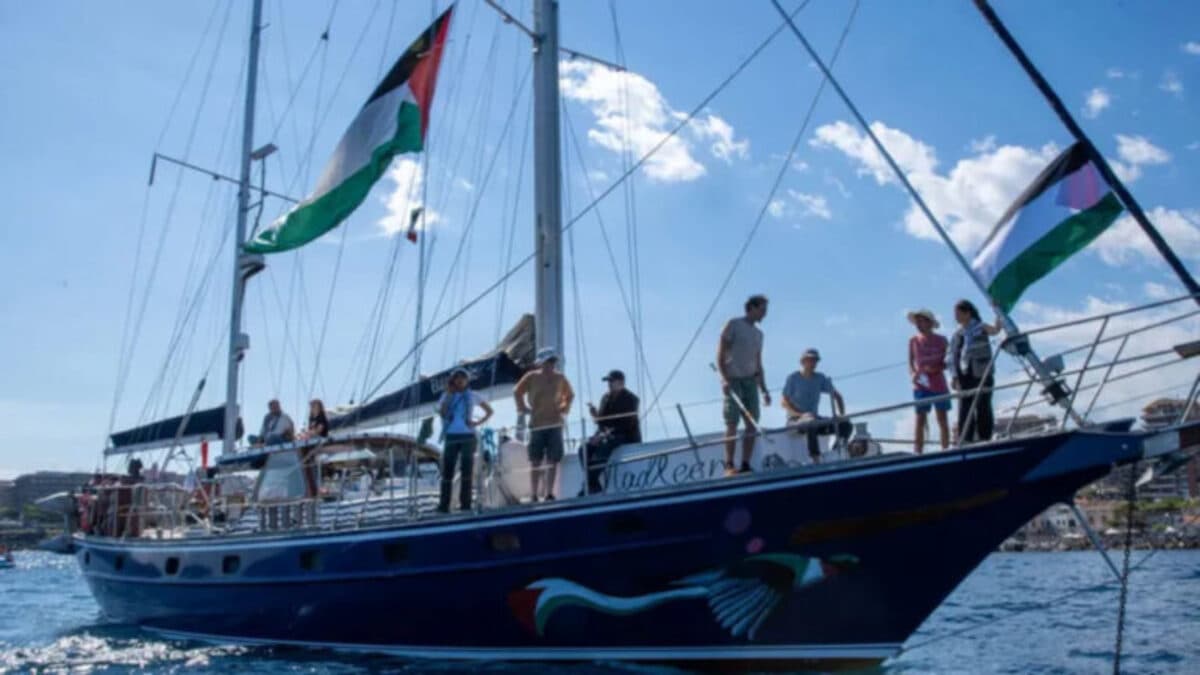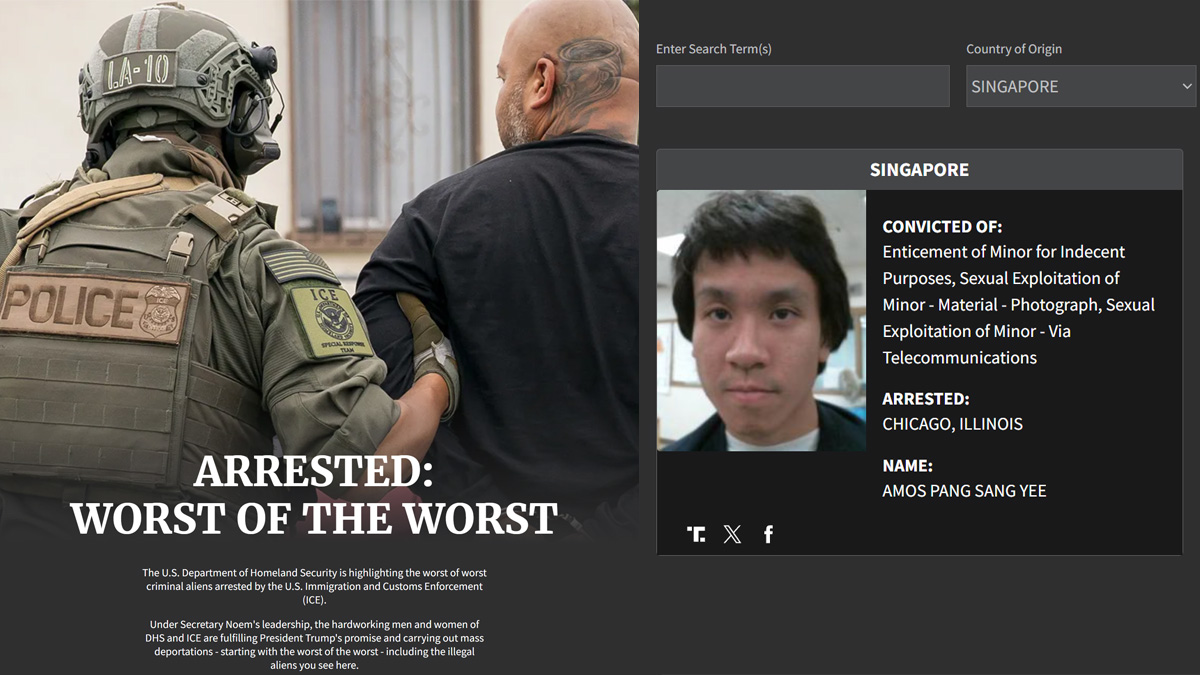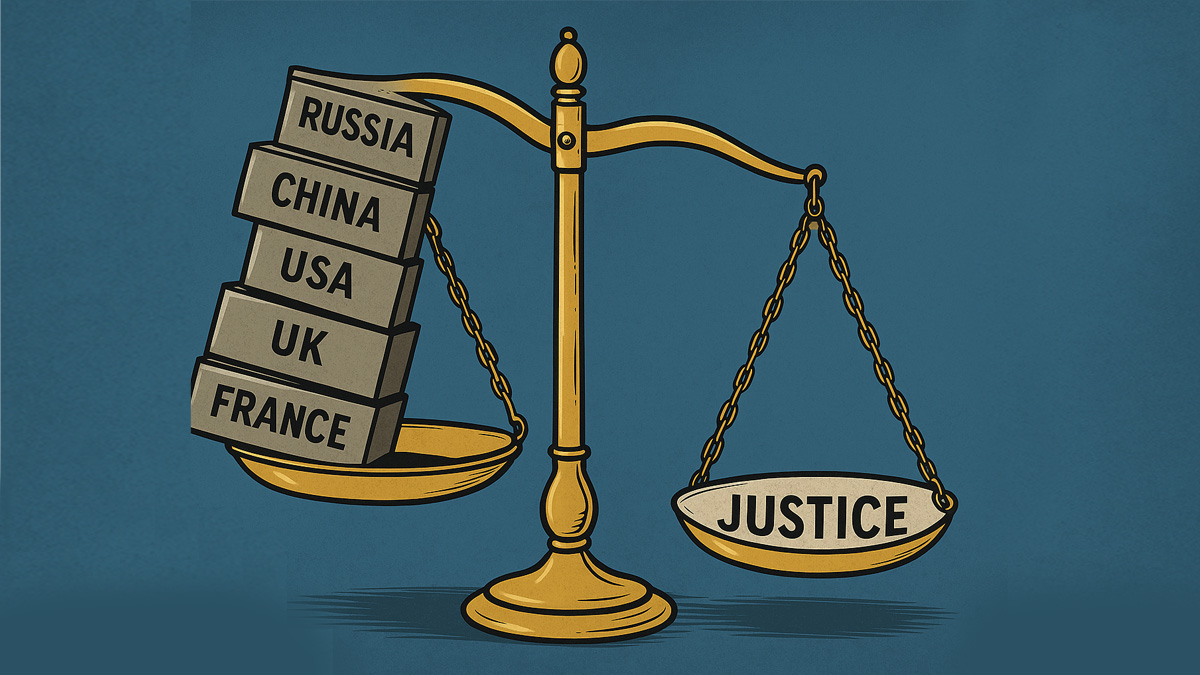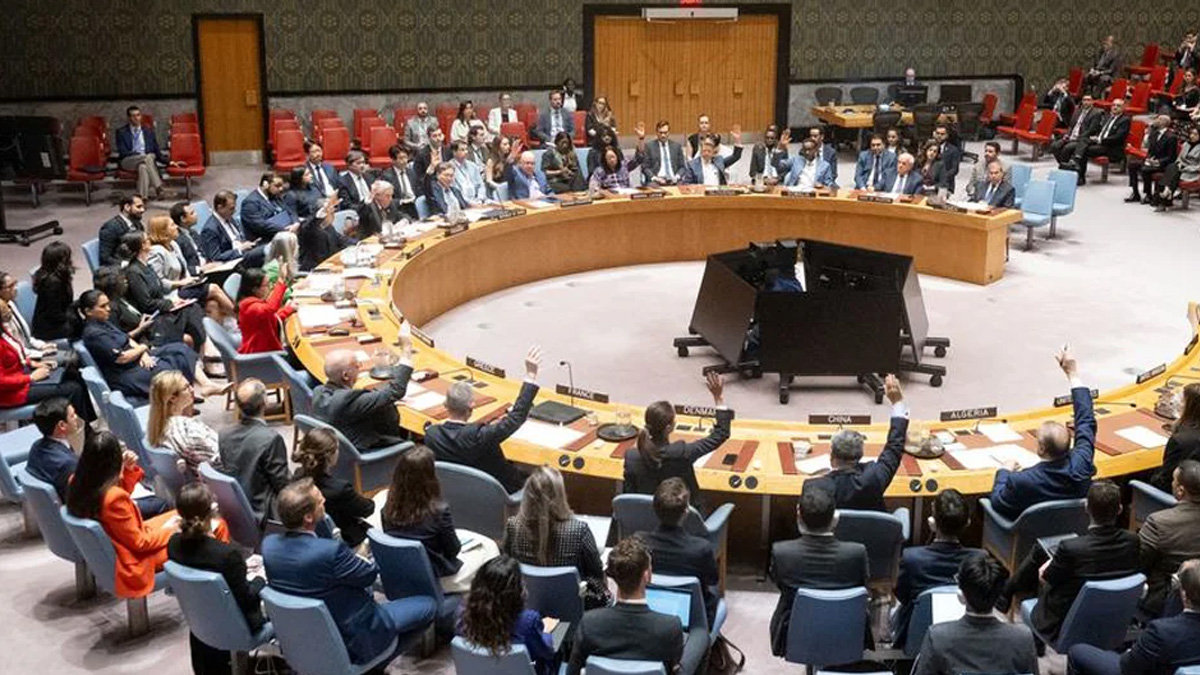Israeli forces seize aid boat carrying Greta Thunberg and international activists en route to Gaza
Israeli forces have intercepted the aid vessel Madleen, carrying 12 people including Swedish activist Greta Thunberg, as it attempted to deliver supplies to Gaza. The boat was towed to Ashdod, with passengers now facing deportation.

- Israeli forces seized the aid vessel Madleen, carrying Greta Thunberg and 11 others, as it attempted to deliver humanitarian supplies to Gaza.
- Israel dismissed the mission as a “selfie yacht,” while the Freedom Flotilla Coalition condemned the interception as illegal under international law.
- Deportation proceedings for the passengers have begun, amid mounting global criticism and worsening conditions in Gaza.
Israeli forces have intercepted and seized a humanitarian aid boat carrying Swedish climate activist Greta Thunberg and 11 others as it attempted to reach Gaza.
The vessel, Madleen, was boarded in international waters in the early hours of 9 June 2025 and later towed to the Israeli port of Ashdod, according to the Freedom Flotilla Coalition (FFC), which organised the mission.
The Israeli Foreign Ministry confirmed that the passengers underwent medical checks before being transferred for deportation procedures.
The aid mission
The Madleen, sailing under a United Kingdom flag, had departed from Italy on 1 June. It carried what organisers described as essential humanitarian cargo for Gaza’s population, which remains under blockade.
Supplies on board included baby formula, flour, rice, diapers, sanitary products, desalination kits, medical supplies, crutches, and prosthetics for children.
Passengers comprised international volunteers and public figures from Brazil, France, Germany, the Netherlands, Spain, Sweden, and Turkey.
Among them were Greta Thunberg, Rima Hassan—a French Member of the European Parliament—and Omar Faiad, a French journalist with Al Jazeera.
The FFC described the mission as an attempt to break what it called Israel’s “illegal and genocidal blockade” of Gaza.
Israel’s response
Israel’s Foreign Ministry dismissed the initiative as a “publicity stunt,” labelling it a “selfie yacht” for celebrities.
“The ‘selfie yacht’ of the ‘celebrities’ is safely making its way to the shores of Israel. The passengers are expected to return to their home countries,” the ministry stated on X, formerly Twitter.
Officials argued the vessel’s cargo represented “less than a single truckload of aid,” highlighting that over 1,200 aid trucks had entered Gaza from Israel in the past two weeks.
The ministry added that the Gaza Humanitarian Foundation (GHF)—a body supported by Israel—had distributed nearly 11 million meals during this period.
“There are ways to deliver aid to the Gaza Strip—they do not involve Instagram selfies,” the ministry said.
Global reactions
The interception has sparked widespread condemnation from human rights advocates and foreign governments.
Huwaida Arraf, a human rights attorney and FFC organiser, described the seizure as unlawful.
“Israel has no legal authority to detain international volunteers aboard the Madleen,” she said. “This seizure blatantly violates international law and defies the International Court of Justice’s binding orders requiring unimpeded humanitarian access to Gaza.”
Governments whose citizens were onboard also reacted strongly.
French President Emmanuel Macron demanded the return of six French citizens and called on Israel to ensure their safety.
Sweden’s Foreign Ministry confirmed direct contact with Israeli officials, while Turkey denounced the operation as a “heinous attack” in international waters.
The UK urged Israel to act “with restraint, in line with international humanitarian law.” A spokesperson for Prime Minister Keir Starmer reiterated his characterisation of Gaza’s humanitarian situation as “appalling and intolerable.”
Francesca Albanese, the United Nations Special Rapporteur on the Occupied Palestinian Territories, also condemned the seizure.
“Madleen must be released immediately,” she stated. “Breaking the siege is a legal duty for states and a moral imperative for all of us. Every Mediterranean port should send boats with aid, solidarity, and humanity to Gaza.”
Deportation proceedings
On 10 June, Israel’s Foreign Ministry confirmed that the passengers had been transferred to Ben Gurion Airport for deportation.
“Some of the ‘Selfie Yacht’ passengers are expected to leave within the next few hours,” the ministry said.
Those refusing to sign deportation papers will appear before a judicial authority to authorise their removal, in line with Israeli law. Consular officials from the relevant countries have been given access to the detainees.
Gaza’s worsening humanitarian crisis
The incident occurs amid deepening humanitarian challenges in Gaza. The enclave remains under a blockade on food, fuel, and medical supplies while Israel continues its military campaign.
Since late May, more than 130 people have been killed near aid distribution points operated by the Gaza Humanitarian Foundation, according to local reports.
Israel has engaged the GHF to coordinate aid deliveries, but international agencies have refused to cooperate with the group. The United Nations Relief and Works Agency for Palestine Refugees in the Near East (UNRWA) and other organisations have questioned its neutrality, warning it may be facilitating Israel’s broader strategy in Gaza.
“Israeli authorities have blocked the delivery of safe and dignified aid at scale to the people of Gaza for over three months now,” UNRWA said in a statement. “We are not asking for the impossible. Allow us to do our work: assist people in need and preserve their dignity.”
Broader context
This is not the first time Israel has intercepted flotillas attempting to reach Gaza. Previous missions by international coalitions have also been blocked, often sparking international criticism.
The current case has gained prominence because of the presence of Greta Thunberg and elected representatives among the passengers, amplifying diplomatic and media attention.
Israel maintains that its naval blockade of Gaza is a security measure designed to prevent weapons smuggling. Critics, however, argue that it constitutes collective punishment of Gaza’s civilian population.
Looking ahead
With deportations underway, the immediate fate of the Madleen’s passengers is likely to be resolved within days.
The larger issue of humanitarian access to Gaza, however, remains unresolved. The case has underscored international frustration at restrictions on aid delivery and intensified calls for greater oversight of Israel’s actions.
Diplomatic analysts suggest the incident could further strain Israel’s relations with several European governments, particularly France and Sweden, where public pressure over Gaza has been mounting.








0 Comments